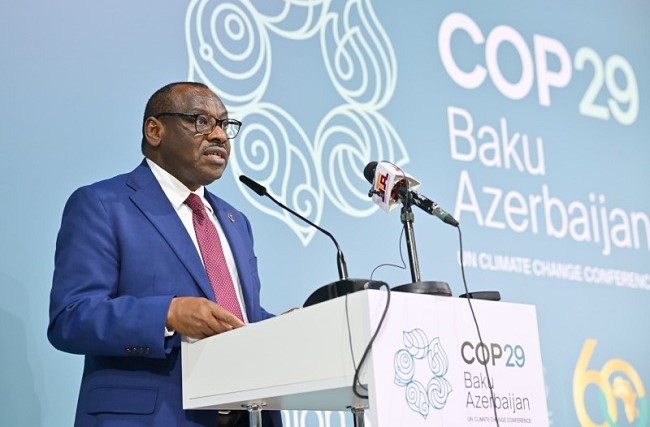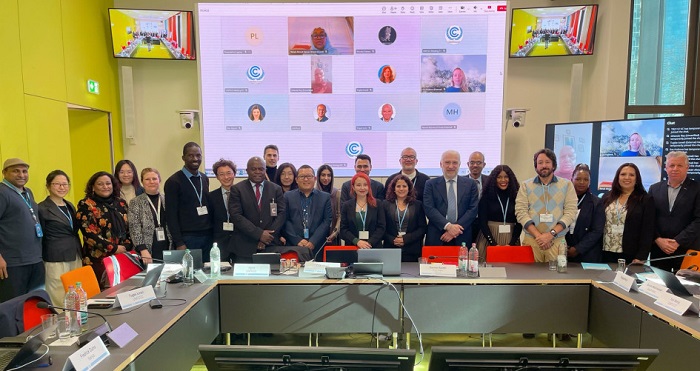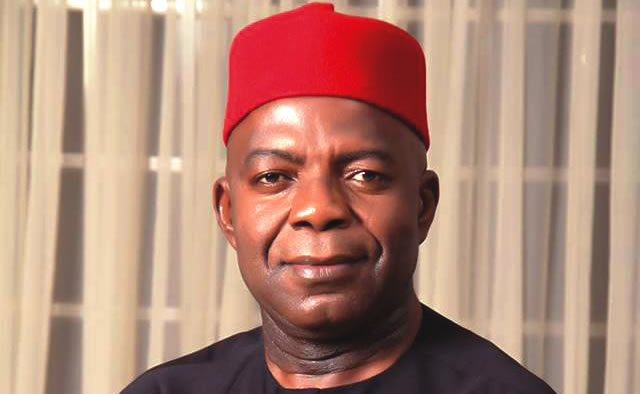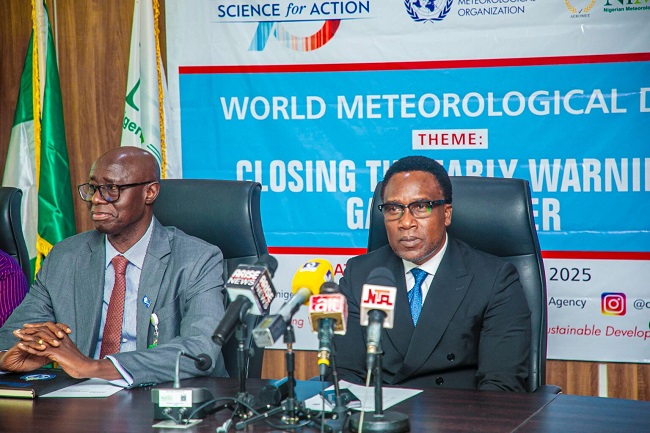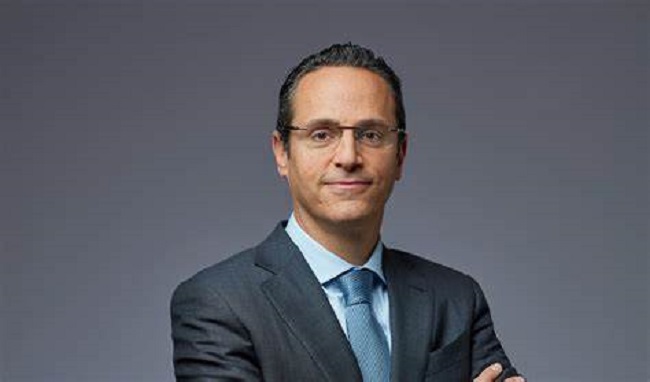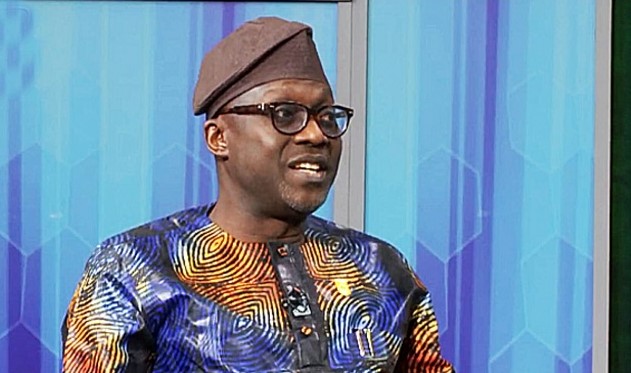The International Fund for Agricultural Development-Value Chain Development Programme (IFAD-VCDP) has trained field staff, farmers, and processors in VCDP states on downscaling seasonal predictions and adopting climate-smart agriculture.

The Nigeria Meteorological Agency (NiMet) provided the 2025 seasonal climate predictions.
The training, which held in Nasarawa State on Wednesday, March 26, 2025, covered Anambra, Benue, Ebonyi, Enugu, Kogi, Nasarawa, Niger, Ogun, and Taraba states.
Speaking at the Training of Trainers (ToT) workshop, Mr. Nura Lawal, Climate Change Specialist at IFAD-VCDP, said the training would equip farmers with climate-smart practices to mitigate the effects of weather variability.
Lawal stated that the programme would also update farmers on the latest agricultural technologies and equipment.
“The training covers soil management, crop rotation, pest and disease control, and efficient irrigation methods to help farmers adapt to climate change,” he said.
He explained that the pre-season training aimed to prepare extension agents and processors to guide farmers in adopting best practices throughout 2025.
“The training provides farmers with weather and climate advisory services, essential for effective planning,” he added.
Lawal noted that IFAD-VCDP’s collaboration with NiMet ensures farmers receive accurate climate information to support sustainable farming.
“At the end of the workshop, each state will develop a cropping calendar outlining on-farm and off-farm activities.
“With unpredictable weather patterns, many farmers face significant risks. This information will help them mitigate potential losses,” he said.
Ahmad Aboki, Principal Meteorologist at NiMet, presented the 2025 seasonal climate forecast.
He said the growing season in Karu Local Government Area is expected to last between 155 and 177 days, ending between Oct. 17 and 26.
“In Doma LGA, rainfall is expected to start on May 1, while in Nasarawa Egon, Lafia, and Keffi, it will commence between May 6 and 21,” he said.
He also highlighted dry spell predictions, noting that between April and June, Oyo State may experience a severe dry spell lasting over 15 days.
“While Ekiti, Osun, Ondo, Ogun, Edo, Ebonyi, Anambra, Imo, and Abia may see moderate dry spells of up to 15 days, between June and August, Cross River, Delta, Bayelsa, and Akwa Ibom may experience severe dry spells lasting up to 21 days.”
Aboki emphasised NiMet’s role in providing accurate weather and climate data for economic development, disaster preparedness, and early warning systems.
He reaffirmed NiMet’s ongoing partnership with IFAD-VCDP to improve crop yields and farming systems through climate adaptation.
Mustapha Baba’aji, Principal Meteorologist, noted the increasing impact of climate change in Nigeria, including extreme weather events such as floods, droughts, and heatwaves.
“Farmers are increasingly concerned about unpredictable rainy seasons, flooding, and damage to infrastructure and ecosystems,” he said.
Susan Akaaga, a rice farmer and processor from Benue State, praised the training for providing valuable insights into weather patterns and optimal planting times.
“This training has helped me understand when to plant for better yields,” she said.
By Felicia Imohimi


